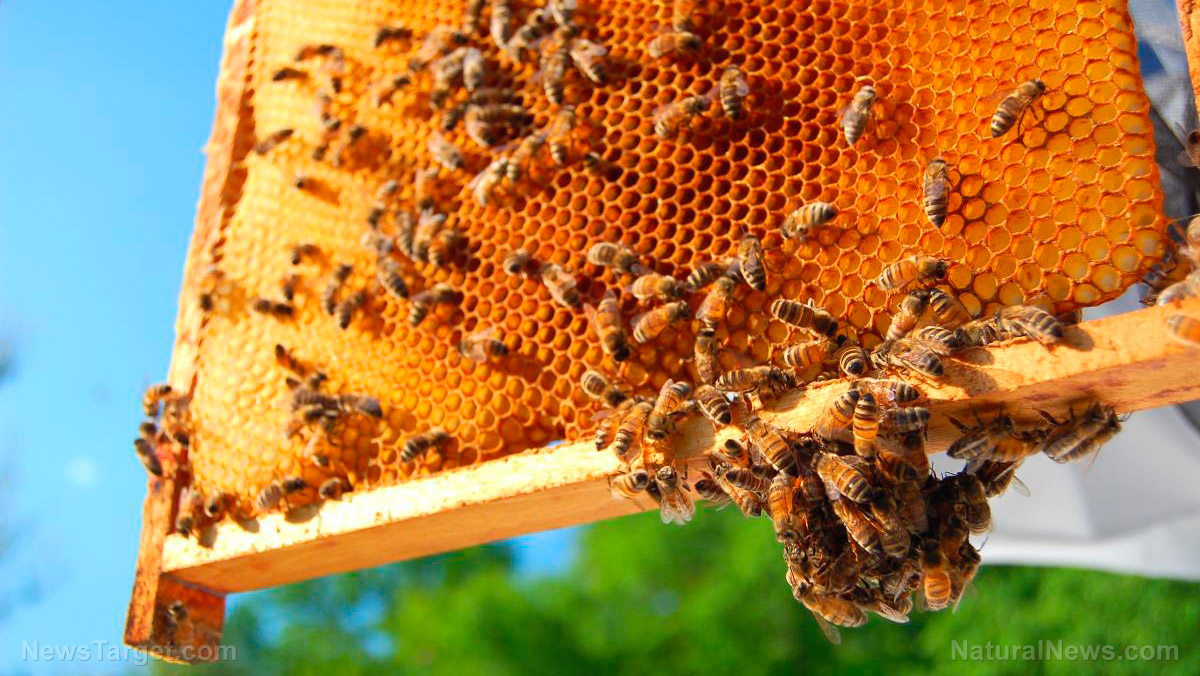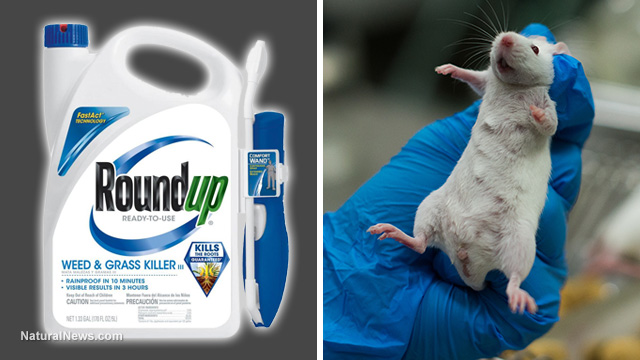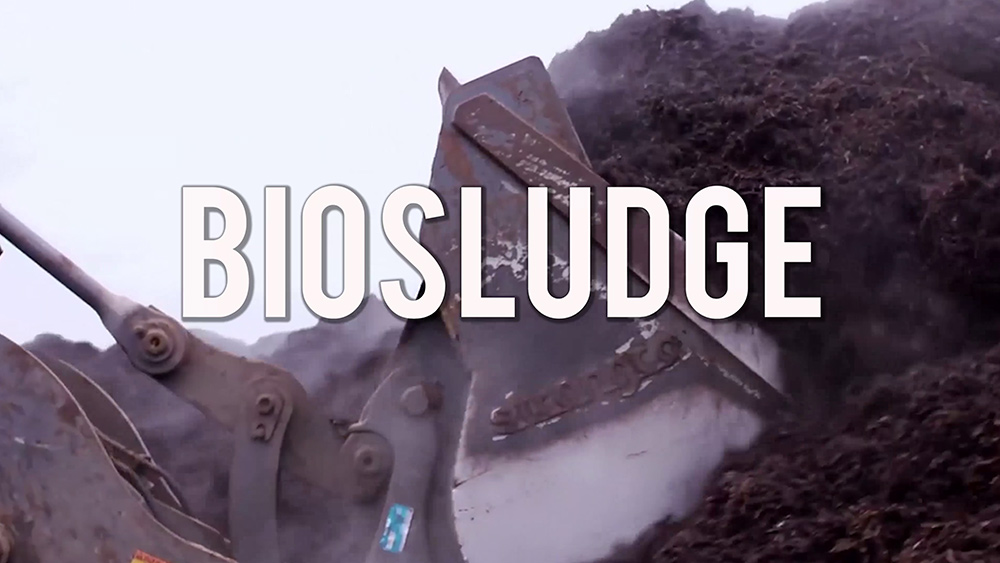Hawaii bans toxic pesticide “chlorpyrifos” linked to neurological damage in children… but it’s legal in the other 49 states (and you’re eating it)
06/18/2018 / By Ethan Huff

New legislation was recently signed into law by Hawaii Governor David Ige that prohibits the use of pesticides containing a toxic chemical known as chlorpyrifos, which has been shown to lower IQ levels in children.
Senate Bill 3095 is the first of its kind in all 50 states to take direct action against chlorpyrifos, which the U.S. Environmental Protection Agency (EPA) banned for most household uses in residential areas 18 years ago. It will now be prohibited from commercial use on all of the Hawaiian islands.
The move comes just months after the Trump administration announced plans to try to stop the EPA from issuing a blanket ban against chlorpyrifos, arguing against the findings reached by EPA scientists that chlorpyrifos is deadly. So Hawaii took matters into its own hands in an effort to protect local residents against toxic poisoning.
According to the non-profit group Earth Justice, pesticides containing chlorpyrifos are routinely sprayed on a variety of conventional food crops including apples, corn, and wheat. Besides harming young children, chlorpyrifos also harms children in the womb. Research shows that exposure to chlorpyrifos also contributes to loss of working memory attention disorders, and delayed motor development.
“In my view passage of SB 3095 is one of the highlights of our 2018 session,” stated Senator Mike Gabbard, one of the supporters of the bill. “After many years of no action it was good for the Legislature and community to come together.”
Besides just banning chlorpyrifos, SB 3095 mandates that anyone using restricted use pesticides, or RUPs, report to the U.S. Department of Agriculture (USDA). Beginning in January 2019, all RUPs will be prohibited from use with 100 feet of a school while class is in session.
By July 2019, the USDA will also unveil a new monitoring scheme to evaluate pesticide drift at three different schools in Hawaii. The federal agency will be tasked with submitting its findings to the legislature before the 2020 session, and will be allotted $300,000 to make it all happen by the target date.
Some critics say new rules don’t go far enough, aren’t mandatory for everyone
The bill has been well-received by most, the exception being a Board of Agriculture chairman who claims that the record-keeping requirements and annual pesticide reports are “excessive.” This same chairman says the bill falls short, in his opinion, because it doesn’t prohibit the use of pesticides by ordinary citizens.
“While the bill seeks to address the risk of agricultural pesticide drift to Hawaii’s schools, it does not address the concern associated with pesticide drift from households and gardens in the adjoining neighborhoods,” stated Scott Enright to Hawaii News Now.
“The Department would like to note that pesticide odor complaints and concerns reported by schools have been attributed to residential use.”
The problem here is that the program is technically voluntary for ordinary households, according to information provided on the EPA website. Registrants of chlorpyrifos merely promise to “eliminate, phase out, and modify” certain household uses of the chemical, which suggests that they may not actually follow through on this commitment.
At the same time, the bill will still have a tremendously positive impact by greatly reducing the use of chlorpyrifos throughout Hawaii. No longer will large commercial agriculture operations be permitted to use the chemical, which has harmed young children on many occasions.
“Pesticides also waft over school communities and sicken our students, after being sprayed on windy days,” says Corey Rosenlee, president of the Hawaii State Teachers Association and a supporter of the legislation.
“In 2007, for example, nearly a dozen students at Kahuku High and Intermediate fell ill when a nearby farmer ignored windy weather while applying restricted use pesticides. In 2008, in Waimea on Kauai, dozens of students got sick after farmers applied pesticides on a nearby seed corn plot.”
Sources for this article include:
Tagged Under:




















